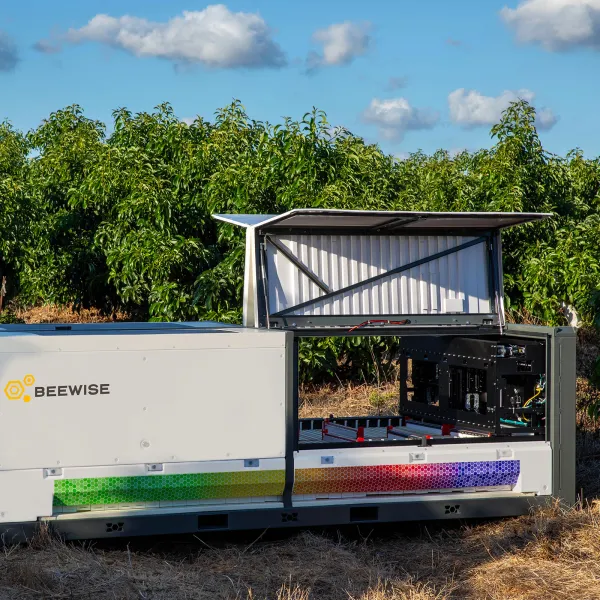Case Study: Stanley and the Remarkable Story of the Quencher Tumbler
The story of Stanley and its Quencher tumbler is a great story of marketing success–and good luck. The mug is not cheap (the image at…

The story of Stanley and its Quencher tumbler is a great story of marketing success–and good luck. The mug is not cheap (the image at…

Are you searching for some fun new examples to use in class? Innovation and new products are an important outcome of good marketing. The Time…

April Fools! While Volkswagen plans for at least 60 percent of its sales in Europe to be hybrid or EV by 2030, they are not…

Over the summer one of the most talked about marketing campaigns was the IHOb campaign. The International House of Pancakes announced they were changing from…

While many promotional strategies are ageless, to be most effective you need to know how to fine-tune your strategy for your target market. If you’re…

The internet has given consumers incredible power when it comes to evaluating and purchasing products. No longer do you have to visit multiple stores to…
![“We wanted [our restaurant] to be Instagrammable”](https://teachthe4ps.com/wp-content/uploads/2023/01/cropped-4ps-logos-white-300.png)
Most industries report a decline in the effectiveness of advertising as a means to tell customers about their product. As we note in chapter 16,…

Marketing managers have to acknowledge, most consumers are looking for ways to avoid advertising. While there is more advertising these days, there are many more…

While UK women participate in sports to a lesser degree than men, research shows that more women want to be active. So why aren’t they? This…